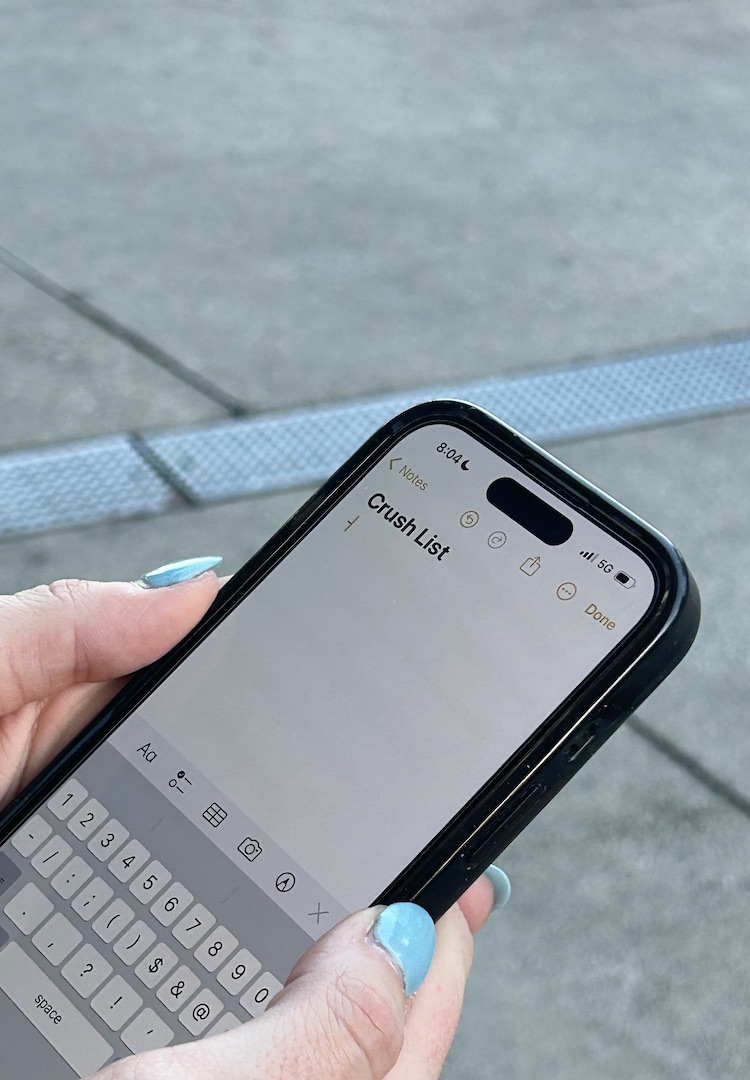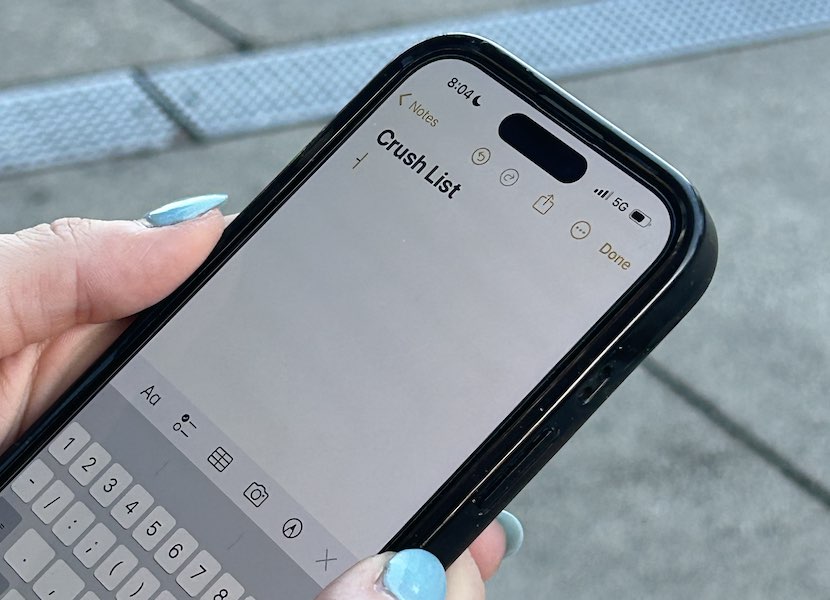Can my relationship survive cheating? I asked a psychologist
WORDS BY NINA MIYASHITA
“It was as simple (and as difficult) as knowing that my partner and I love each other, and we can’t imagine a future apart.”
Cheating is one of the greatest fears many people in relationships have. Infidelity has a terrible reputation and is almost universally considered to be a dealbreaker. Cheaters are so often the villains in our stories and perhaps in many situations, that’s a fair assessment. But in reality, it’s not always simple.
Relationships aren’t black and white, especially not when love and vows (official or sentimental) are involved. How do you know if your relationship could survive cheating? And how would you go about repairing your relationship if it happened? I spoke with Emma Cholakians, psychologist and director of Couples Therapy Melbourne, to find out.
Interested to hear how others navigate the world? Head to our Life section.
Firstly, it depends on what you consider infidelity. “People present to therapy with a wide description of infidelity – ranging from one-night stands to emotional affairs,” Emma tells me. “One main reason for the expansion of the definition is the rise of the digital age, whereby the possibilities of sex, lust, and instant gratification are infinite.”
When I asked Emma if there’s any type of relationship more prone to cheating, perhaps due to longevity or circumstance, she was inclined to say no. From her experience, she’s seen cheating in couples ranging from a 40-year marriage to short-term dating, to an open relationship without clear guidelines.
Phoebe*, 23, had been with her boyfriend for eight months when he cheated on her. Now she shares with me the intimate story of her relationship’s infidelity, and how they managed to stay together despite it. “My boyfriend cheated on me when he kissed someone else, but we’re still together now,” Phoebe tells me. “We’re still together because my boyfriend is my best friend. Our relationship has always been a safe place for me, even despite what happened.”
I asked Phoebe what her initial reaction was when she found out. “My immediate reaction… was visceral and emotional – I remember a lot of crying and yelling,” she recalls. “To be honest, I was also embarrassed. Being cheated on is a huge blow to your confidence and ego.”
The discovery of her boyfriend’s infidelity was quickly followed by a lot of anxiety for Phoebe, wondering how she was going to begin to deal with the situation. “There is also this immediate discomfort of knowing that your partner has been intimate with someone who isn’t you,” Phoebe says.
This period is what Emma calls the ‘crisis phase’. “People are likely to be swept up in an intense whirlwind of emotions,” Emma notes, “so it’s important to try to avoid making any significant decisions during this stage. When we are heightened emotionally, it can be nearly impossible to think with clarity. So it’s important to use this time to acknowledge your feelings and see how the infidelity has impacted you.”
This is also typically the time when people consider whether they want to break up or makeup. As Emma confirms, a commitment to this process is never an easy one. Seeking support from a trained couple’s therapist may help you navigate the challenges of working through infidelity.
In her case, Phoebe knew that breaking up wasn’t right for her and her boyfriend. “It was as simple (and as difficult) as knowing that my partner and I love each other, and we can’t imagine a future apart,” she says. “My thoughts were that if this is the person I’m meant to share my life with, then in the grand scheme of things, it’s something we could absolutely work through.”
So, how long does it take to work through this healing? Months to years, according to Emma, as building trust and re-establishing connection takes time. Any pre-existing trauma or relational issues factor into how long it takes, and if it’s possible to recover at all.
“It depends on the relationship’s state before the infidelity,” Emma says. “Was it already dying? Was there complacency? Another factor that contributes to the success of a relationship is their willingness and commitment to the process. Therapy can be confronting and recovery can be really hard, so you need to be ready to do the work.”
And the hardest part of all? “It’s the instant loss of trust,” Phoebe says. “It puts an obvious strain on your relationship when there is doubt associated with what your partner is telling you.” Often when the dust has settled from the discovery, the pain and distrust are still lingering.
“Healing is a process [and] part of that process includes deciphering the meaning of the affair,” Emma says. “It’s about understanding what the affair meant to the unfaithful and how it impacted the hurt partner.” This is not a process of detective work (don’t begin fact-checking the incident) but is more about discovering what it meant to you, your partner/s and your relationship.
For Phoebe and her boyfriend, it meant actions in their relationship had to mean more. “My boyfriend really acknowledged this,” she says. “What happened has really forced him to mature and make sure his actions speak volumes.”
According to Emma, healing also involves reflecting on anything you’ve learnt in the aftermath. It means confronting your doubts and fears, learning forgiveness and re-establishing your values. Partners need to figure out the changes to make to ensure it doesn’t happen again. At the very least, they should make sure their definition of infidelity is the same going forward.
For Phoebe, boundaries are everything. Knowing the definitions of infidelity vary, boundaries were paramount for Phoebe to avoid feeling cheated on again. “The good news is that there are no blurred lines about what each of us finds acceptable and unacceptable anymore,” Phoebe says. The pair have since become much better communicators, and no difficult topic is off-limits anymore.
“Infidelity doesn’t mean you aren’t loveable,” Phoebe concludes. Infidelity requires you to bring a close and critical lens to you and your relationship. It’s a challenging concept to manage, so knowing your worth is a good place to start.
*Names have been changed.
For more on dealing with infidelity, head here.













